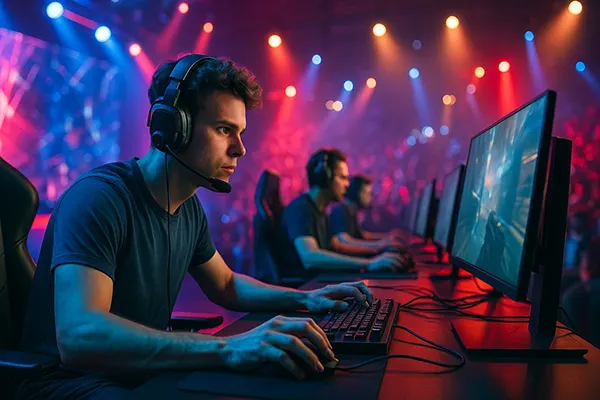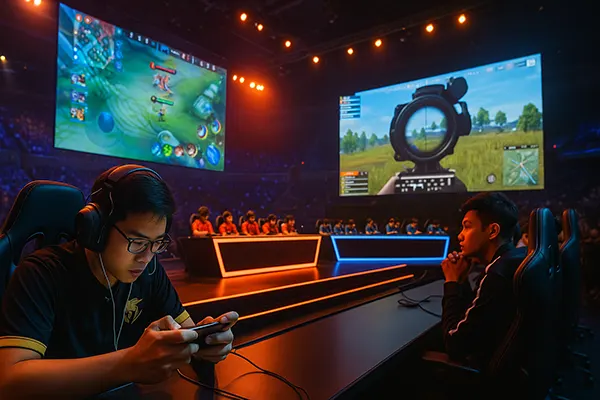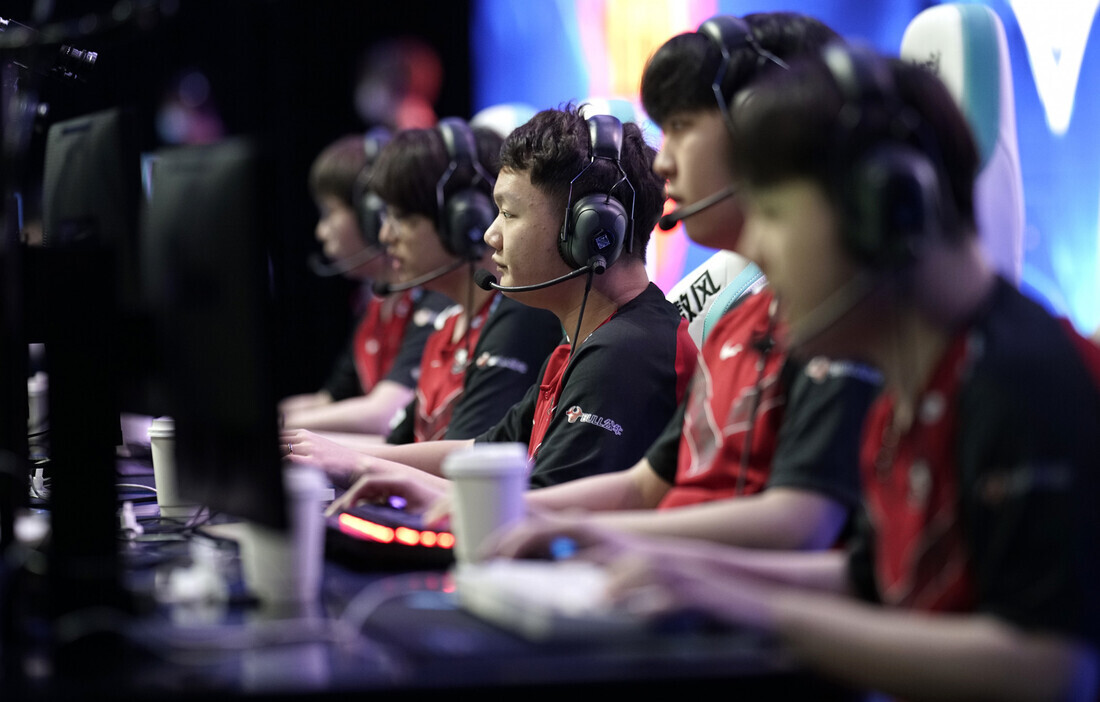Psychology in Esports: The Role of Mental Coaching and Team Communication in Competitive Results
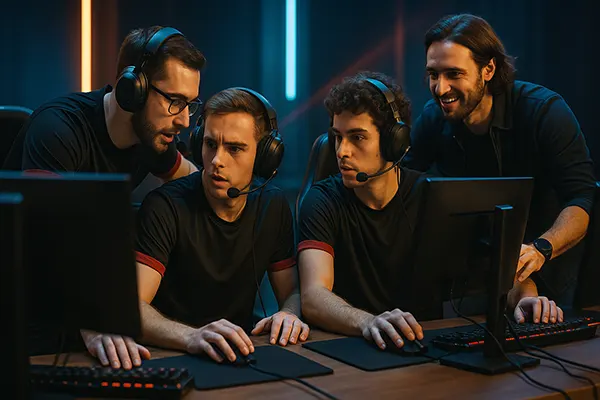
In the high-stakes world of professional esports, physical reflexes and tactical skills are no longer the only components that determine a team’s success. Increasingly, organisations are turning to sports psychologists and mental coaches to give players a critical edge. The psychological side of performance—focus, confidence, communication—can mean the difference between elimination and championship glory.
Esports Mental Coaching: A New Standard of Preparation
Over the last few years, the implementation of mental training has transitioned from a novelty to an industry norm. Top-tier teams such as NAVI and G2 Esports have attributed some of their most transformative periods of success to hiring mental coaches who address burnout, stress, and internal communication barriers. These professionals help players control emotional responses during matches, maintain composure under pressure, and develop a resilient mindset over the long season.
Dr. Jens Hofer, a notable mental performance coach for G2 Esports, has publicly discussed how tailored mental programmes have improved intra-team trust and personal confidence. For instance, during G2’s 2023 revival in CS:GO, Hofer’s structured mental routines and personalised interventions were cited as instrumental by several players.
Meanwhile, NAVI’s dramatic performance surge in 2021 coincided with intensive mental preparation. Players acknowledged that their teamwork and recovery from mistakes significantly improved after structured communication workshops and mental stamina sessions. These insights underline a trend: psychological readiness is now inseparable from mechanical skill.
The Science Behind Mental Edge
Neuroscience and performance psychology both reinforce the value of mental conditioning. During a typical match, players must process dynamic stimuli, coordinate actions, and adapt strategies in seconds. Anxiety, fatigue, or toxic communication can disrupt these functions. Mental coaches work to develop cognitive flexibility and psychological recovery, both crucial in tournament formats with multiple high-pressure games per day.
Furthermore, team cohesion exercises, often borrowed from traditional sports, are tailored to esports environments. Mental coaches run simulations, post-game debriefs, and even mindfulness training. The outcome is a team environment where players feel supported, focused, and communicatively aligned, regardless of the scoreboard.
Importantly, the benefits extend beyond matchday. Esports athletes often face intense social media scrutiny, irregular sleep schedules, and identity pressure. Mental training addresses these off-stage stressors, ensuring players bring their best selves to the keyboard every time.
Intra-Team Communication: The Glue of Esports Success
While sharp aim and game knowledge matter, no team can function without effective communication. In-game calls, emotional regulation during defeats, and honest feedback sessions are all part of a strong team culture. Mental coaches frequently serve as facilitators during these communication drills, ensuring clarity and emotional safety during interactions.
Take the example of Team Vitality in VALORANT. Before their breakthrough 2024 season, the coaching staff introduced a communication matrix that structured how players shared information. It was paired with regular mental group sessions that encouraged expressing frustrations constructively. The results? Faster rotations, smarter decision-making, and a significant dip in internal disputes.
According to interviews, players who once felt hesitant to speak up during matches or scrims now report a sense of mutual respect and confidence. Mental coaches act as neutral guides, helping squads refine their vocabulary and tone, which in turn builds synergy—crucial when milliseconds determine the outcome of a duel.
Trust and Role Acceptance
Trust is arguably the most undervalued psychological asset in esports. It allows players to accept their roles—be it support, entry fragger, or IGL—without ego-driven clashes. Teams that communicate openly tend to avoid blame spirals and are more adaptable in high-pressure scenarios.
This was evident during NAVI’s championship run, where analysts praised their fluid coordination and selfless team dynamics. Behind the scenes, mental coach sessions reinforced the value of trusting calls, even when results were mixed. This psychological anchoring prevented cracks from forming under pressure.
Long-term, such trust accelerates development. New players onboard quicker, veterans feel valued, and coaches can implement more complex strategies without resistance. Communication becomes not just about clarity but about belief in each other’s decisions.
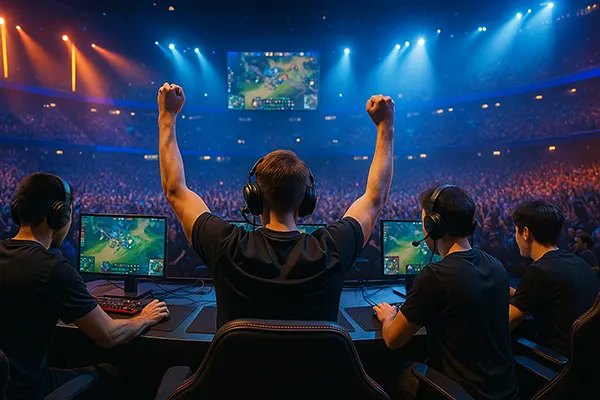
Mental Factors in Betting Analysis: An Underrated Variable
For esports bettors and analysts, mechanical skill and past performance stats are standard metrics. However, an increasing number of professional bettors are integrating psychological and team dynamics data into their forecasts. Signs of team discord, burnout, or lack of mental support can predict collapses even in statistically favoured teams.
In contrast, when a team hires a mental coach or publicly commits to structured psychology programmes, it often signals a shift in mindset and preparation. For instance, G2’s mental reboot in early 2023 preceded a consistent upward curve, which sharp bettors noted ahead of market adjustments. This insight can offer value before odds reflect such transformations.
Moreover, some platforms now offer insider metrics such as player stress interviews, team bootcamp structure, and coach-to-player ratios. These can be powerful indicators of future performance, especially during LAN events where pressure is magnified. Mental resilience is no longer just a backstage asset—it’s a front-line factor in betting models.
Forecasting Based on Mental Trends
Betting on performance should be as much about emotional states as mouse accuracy. Teams with visible emotional cohesion tend to outlast opponents in tight matches. Analysts now examine Twitter activity, player body language in post-game interviews, and transparency around mental support as part of match previews.
This doesn’t replace traditional stats but complements them. A team returning from a mental coach-led retreat, for example, may show an uptick in map win percentages in closely contested games. These soft indicators, once ignored, are now reshaping how serious analysts think about outcomes.
Ultimately, as the psychological dimension of esports deepens, mental preparation isn’t just an internal performance tool—it’s become a data point, an investment, and a winning edge for both players and those predicting their success.


